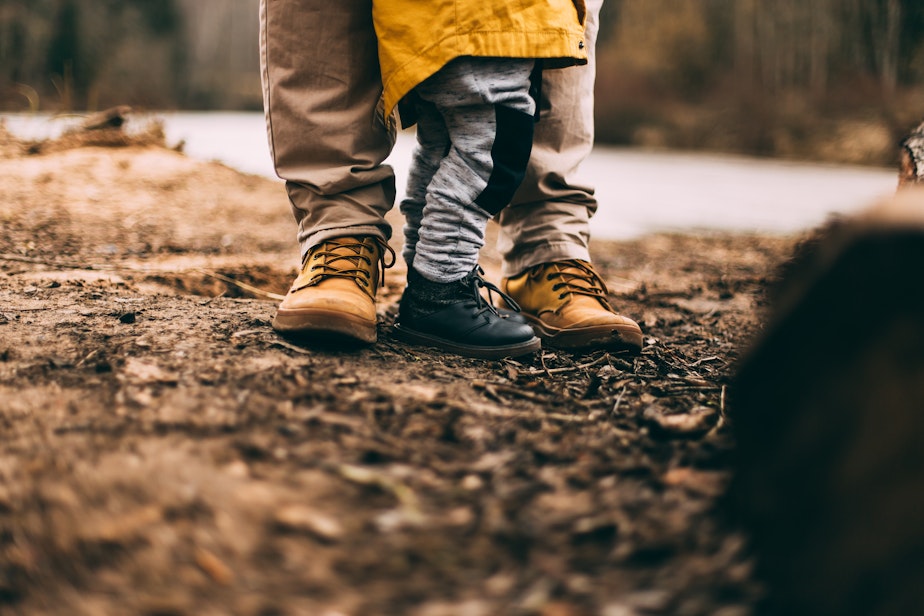How to help your kids process what happened in Uvalde

Yesterday, an 18-year-old man entered an elementary school in Uvalde, Texas. He went into a classroom and opened fire with a high-powered assault rifle, killing 21 people — two teachers and 19 students.
It's the 27th school shooting in the U.S. so far this year.
That's a difficult thing to process. Especially for the students and parents who are watching. Dr. Doug Zatzick, a professor at the University of Washington School of Medicine, has some advice.
Soundside host Libby Denkmann sat down with Dr. Zatzick, who, in addition to teaching, is a practicing psychiatrist at Harborview Medical Center.
According to Dr. Zatzick, there's been a shift in how Americans have to think about trauma.
"In the old days in traumatic stress, we'd think about single events that we get over individually, or as a community," Zatzick said. "The sort of the repetitive, you know, this week it's Uvalde, Texas, last week is Buffalo, or Ukraine, there's Afghanistan — it's a new sort of idea that that we have to, as Americans, anticipate these sort of recurrent, unpredictable, yet predictable, events."
He has some advice on how to face those "unpredictable, yet predictable, events."
- Be aware of where your children are emotionally. "The first step is self awareness and awareness of your kids. Who they are and where they are developmentally, emotionally," Zatzick said. "There's a lot of variation in terms of kids age — whether you've got a teen or school-aged kid or, you know, a kid under 5. But those are the initial building blocks."
- Acknowledge the tension. Dr. Zatzick said there's a tendency to want to avoid talking about difficult subjects with kids as a way to protect them. But even if your child isn't on social media right now, they could be the next time something like this occurs. Having a space where children can ask questions or talk about their own experiences at school is important.
- Have a daily routine that helps to blow off steam. A lot of people are angry about what's happening - the continued shootings as well as the response from political figures. Whether that's meditating, exercising, or something else, finding a time to release some tension helps parents better handle the needs of their children.
Sponsored
Dr. Doug Zatzick is a professor at the University of Washington School of Medicine, as well as a practicing psychiatrist at Harborview Medical Center.
This interview has been edited for clarity.





